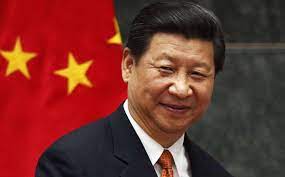Xi Jinping was born on June 15, 1953 at Fuping county, Shaanxi province, China. He’s a Chinese politician and a government official who performed duties as the Vice President of China from 2008-13, general secretary of the CCP(Chinese Communist Party) starting from 2012 and later served as the President of China from 2013.
Introduction:
On Sunday, Xi Jinping won an unprecedented third term as China’s president and elevated some of his closest allies in the Communist Party, strengthening his position as the country’s most powerful leader since Mao Zedong.
According to Xinhua, the Chinese Communist Party’s Central Committee elected Xi to a second five-year term as general secretary, firmly returning the nation to one-man rule after decades of elite power-sharing.
The father of Xi Jinping was Xi Zhongxun, a former deputy prime minister of China and Mao Zedong’s first close ally.
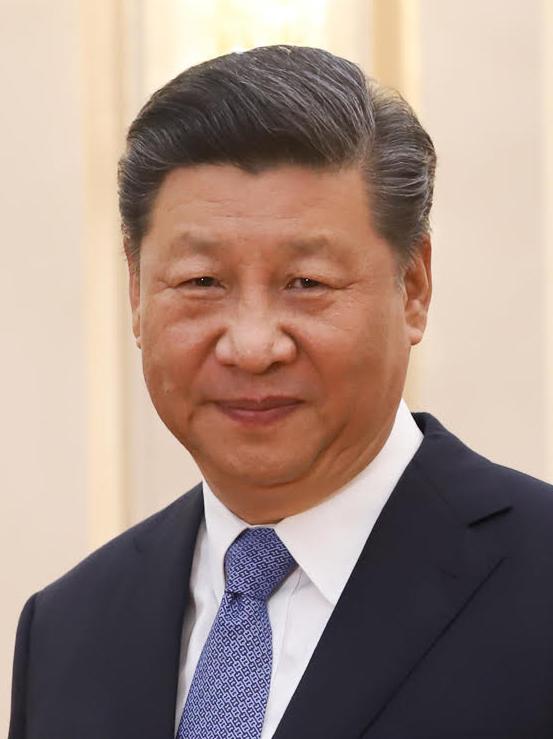
However, because of his father’s subsequent lack of favor during the Cultural Revolution, Xi Jinping was deported to the countryside in 1969 and spent the next six years working as a manual laborer on an agricultural commune. He cultivated strong ties with the local peasantry during that time, which helped the well-born Xi’s credibility when he eventually rose up the CCP ranks.
HOW XI JINPING ENTERED CHINESE COMMUNIST PARTY:
As a branch secretary for the party, Xi joined formally in 1974. The following year, he enrolled at Beijing’s Tsinghua University to study chemical engineering. After earning his degree in 1979, he spent three years working as Geng Biao’s secretary in the central Chinese government, where Geng Biao was at the time the vice premier and minister of national defense.
Later, Xi was appointed as Fujian’s acting governor in 1999. He maintained the positions of deputy secretary and governor until 2002, when he was promoted once more.
In that same year, he moved to the province of Zhejiang, where he served as acting governor and party secretary from 2003. He concentrated on reorganizing the industrial infrastructure of the province there in order to advance sustainable growth.
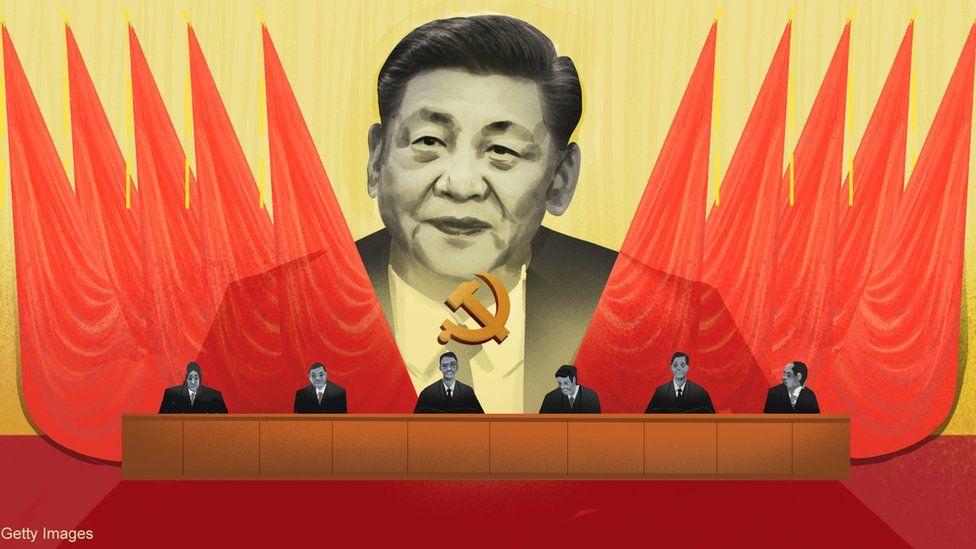
XI JINPING’S CONTRIBUTIONS:
1) One of Xi’s first measures was a national anti-corruption drive that quickly resulted in the dismissal of thousands of high-ranking and low-ranking officials.
2) In Xinjiang, China has built “re-education” camps that have been accused of violating the human rights of Uyghurs and other ethnic minorities. It has consolidated control over Hong Kong and promised to “reunite” with Taiwan, if necessary via force.
3) The country promoted its “One Belt, One Road” initiative for collaborative trade, infrastructure, and development projects with East Asian, Central Asian, and European nations.
4) From its increased assertiveness in the South China Sea to its use of soft power by pouring billions of dollars into ventures in Asia and Africa, the nation has increased its assertiveness on the international stage.
WHAT IS THE RELATIONSHIP STATUS OF INDIA AND CHINA AFTER XI JINPING’S ELECTION?
China and India are significant neighbors to one another, as Xi Jinping noted. Strong and stable ties between China and India serve the fundamental interests of the two nations and their respective populations while also promoting the peace, stability, and growth of the region and the entire globe.
I place a high value on China-India relations and am prepared to collaborate with President Murmu to strengthen political mutual confidence, expand practical cooperation, manage disagreements diplomatically, and move China-India relations in the correct direction, as said by Xi Jinping.
Xi Jinping emphasized that both nations should uphold the fundamental principle of viewing one another as opportunities for development rather than as adversaries. It is desired that India will have an accurate and logical perspective of China’s progress.
The two nations must demonstrate to the rest of the world that peaceful coexistence and mutually beneficial cooperation between China and India is the only option that makes sense. Respect for one another should be upheld, along with an effort to put aside differences and preserve peace and calm in border regions.
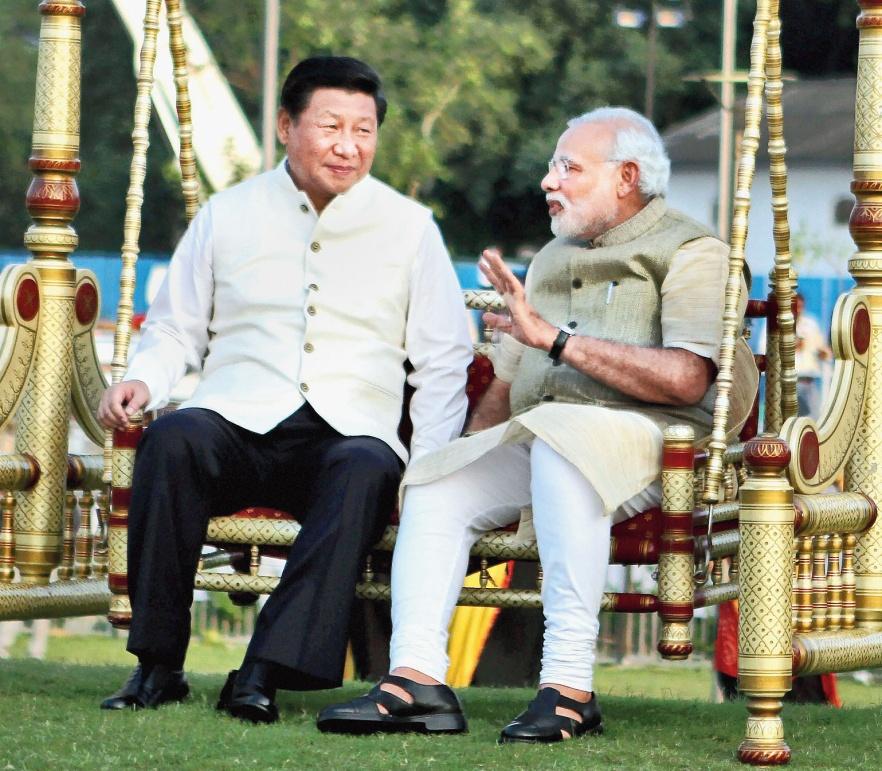
The potential for economic and social development cooperation between China and India is enormous. Both parties should increase the synergy between their growth objectives, increase their collaboration on infrastructure building, connectivity, and other areas, and improve communication.
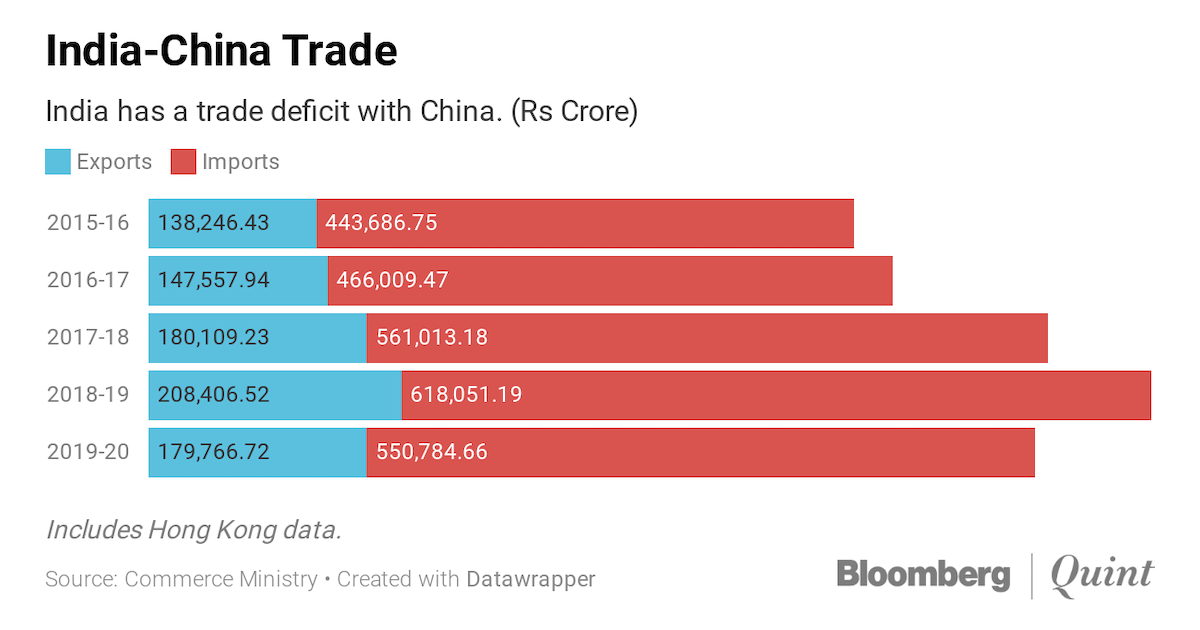
REFERENCE:
https://www.fmprc.gov.cn/eng/zxxx_662805/201709/t20170907_440448.html
https://www.wsj.com/livecoverage/china-xi-jinping-communist-party-congress
READ MORE
- Chandrayaan-3:Tougher and with backup plans in place
- Small Chinese company IPOs are Halted by Nasdaq as it investigates Stock Price increase







